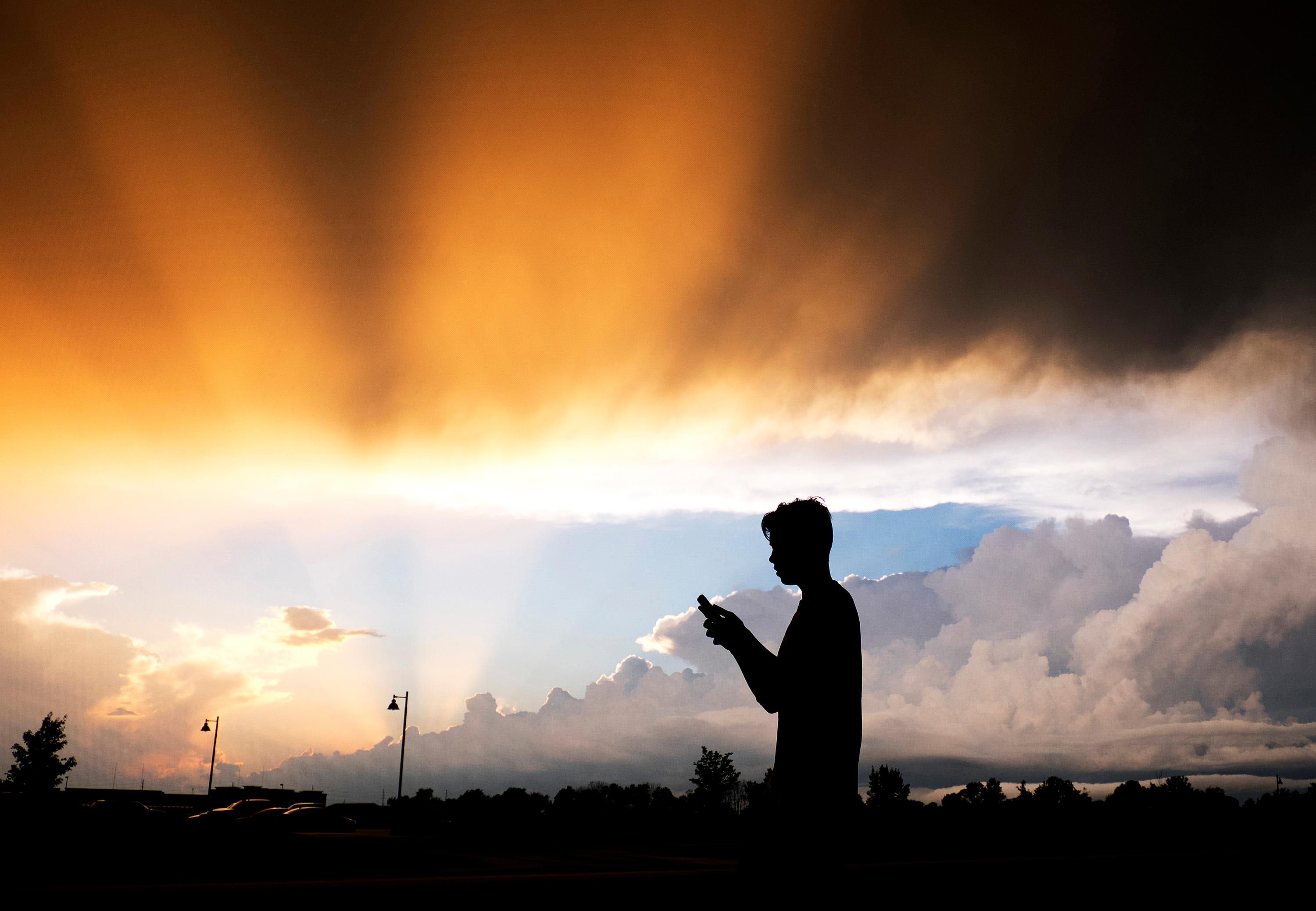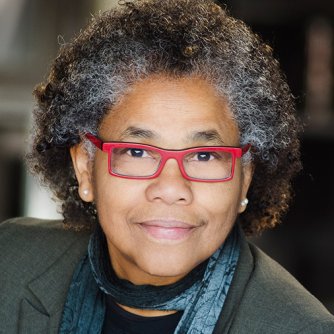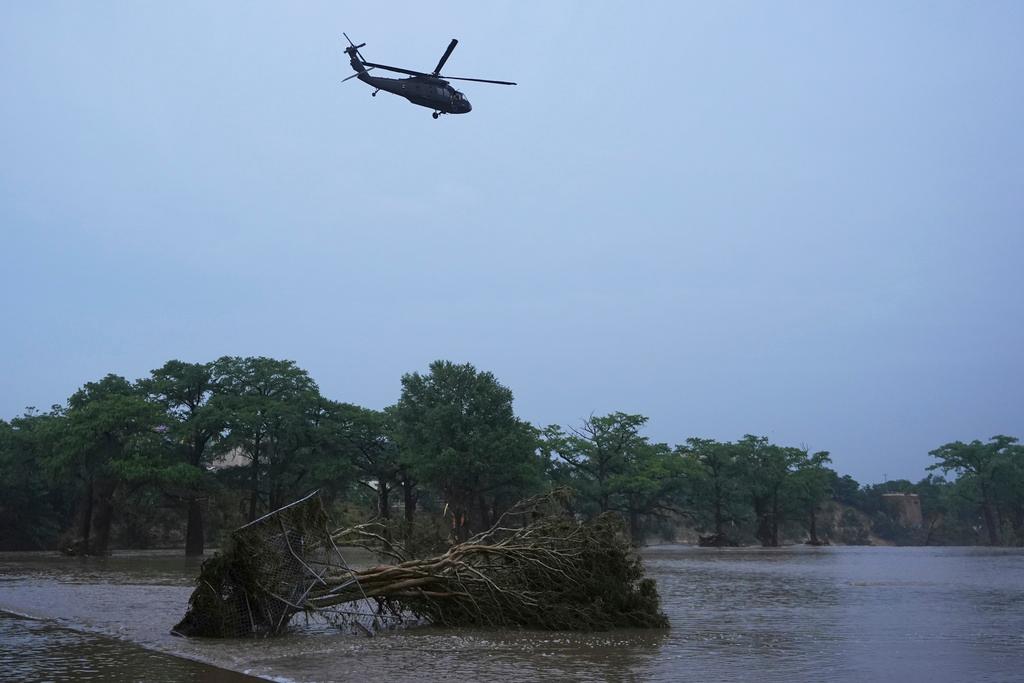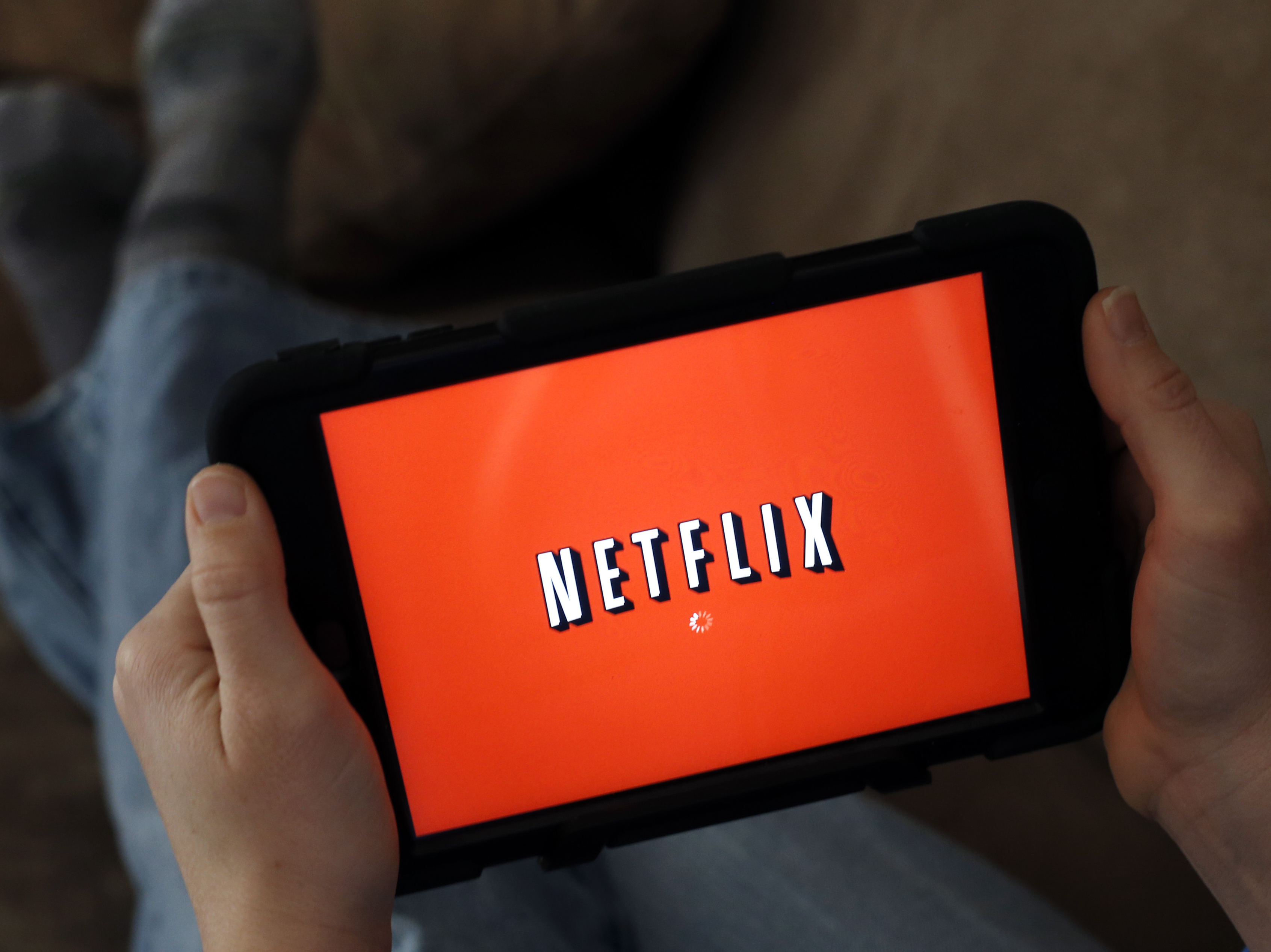

The Offline October movement was started by students in suburban Denver after two of their peers took their own lives in the same week earlier this year. The organization asks teenagers on social media to stop posting stories and start living them; to stop worrying about followers and be with real-life friends.
"We believe that social media plays a negative role in teenagers lives and is a factor to depression and suicide," the Offline October website says.
Carson McLeod, a junior at Heritage High School, helped launch Offline October, and produced the video below. He spoke with us about the organization's mission.
What is the motivation behind the campaign?
“We're doing this in an effort to have people realize the importance of human relationships and kind of the happiness that can come from direct face-to-face human interaction. We saw that social media was becoming a dictating force in people's lives, especially in our high school and a couple high schools around our district that had some recent tragedies that happened and so, we're really hoping from this challenge that people are going to maintain stronger friendships and begin to develop better face-to-face communication skills throughout high school and just become happier overall.”
How did the students found the support and ideas:
“I think one of the biggest factors was one of us stepping up in going to one of our parents. One of my friends, Chloe, she just one night, she said, "Enough is enough with these tragedies." Like, "We have to do something about this," so she went and talked to her mom about how we can help. She didn't want to so much create a program, but rather kind of an all inclusive thing where you could partake if you wanted to and it wasn't that hard. It was just one thing to give up, but there were a lot of benefits to it still. So we kind of all just hopped on board right when she started talking to us about it because we kind of have a close-knit group of us in our student government at our school.”
What has been the response?
“The response has actually been really great. So we've gotten about, over 1,600 pledges so far. We're in 240 schools, around 26 of the United States and we're in seven countries I think as of a couple days ago. ... We were really surprised. So at first, we kind of had a couple siblings within our group that had people studying abroad and they got their friends to do it who kind of reached out to all over different places and so it's really surprising to see. The first one was I think Italy and then, it kind of started spreading more to Asia and it really just got pretty big, and it was just a few of them in different places, but we were really surprised that it was getting so far from home, which is really cool.”
Sometimes social media for teens can be a cry for help. Are you at all concerned about that form of communication shutting down for someone who really needs to communicate?
“That could be a problem for some people, but the bigger issue that we see is that people on social media and different platforms like that are posting their perfect life out for everybody to see and nothing about, everything is so filtered and so prerecorded if that makes sense and so, if kids start to see that, then they kind of start to judge themselves inwardly and say, ‘Oh, my life isn't that perfect,’ and so that's where problems can get started. So the reason for Offline October is kind of to get away from that and teach kids that there's other outlets to find help in other people and in your friends that's not social media and that you don't have to broadcast it to the whole world, but still face-to-face interactions are really important in like overall happiness and just creating better relationships that are real.”
Will the project go beyond October?
“We're talking about that right now. I think a few of us are really enjoying this month, not having so many distractions with Snapchat and Instagram and things like that. A couple of us think we might go into November just because of the way that our October has been going. We're kind of inviting people to keep going if they want to because if it's really affecting your life and having a really positive impact on your life and the relationships that you're having, then it's just a great thing so you should keep on going with that. So I think a few of us are going to try it in November and see how far we can get, but yeah, it should be good.”
Will you have a hard time eventually going back? I mean, you're now so used to not using social media.
“Yeah, it's going to be difficult. I think there's been kind of a tolerance that's been taught throughout October so before October, you kind of have just complete and utter control by social media and it's a really big distraction in your life and then, just completely cutting it off in October kind of helps you realize how much you don't really need it in your life. I think there could be a little bit of a setback in November if you started up again and then, get sucked back into it, but then I think there might be a little bit more toughness in kids to not get so sucked into social media anymore and just realize that it's not completely necessary so it's a fun thing to have, but you don't really need it because it's kind of a distraction.”
Did they get a backlash from schoolmates?
“It was really great actually. So we thought that kids would just kind of say, "Oh, no, we're not going to give up social media. We like it too much like Snapchat streaks and all that," but actually the response was really great within our school and a lot of other schools that are close to us, and kids were like, "Oh, yeah," like, "That's amazing." Like, "I really need to get off of social media for a little while and just disconnect and go offline." And so we were really surprised at the response because kids were really excited about it and they just started telling all their friends to do it and the couple of kids who were saying, "Oh, I can't do that." Like, "I need to have my Snapchat streaks and all that," they really were kind of the outsiders in it because so many people were partaking in it that it was really great to just see everybody come together and really want to do this."
Talk about the Snapchat streaks.
"Yeah, so that's kind of on Snapchat when you Snapchat somebody consecutively for a certain amount of days and a lot of people don't want to give that up and break their Snapchat streak so they have a little number by their names, even Snapchatting them for like 10 days or something like that. Some kids have over 300 days with that, over a year. It's pretty crazy and kids get pretty crazy with how many Snapchat streaks they have. So it's pretty dictating force in the Snapchat world."
Is that why Snapchat has become the preferred platform of many U.S. teens?
"I think Snapchat streaks could have an effect on that. Also, the stories that they have, you can post a story that'll stay on there for 24 hours I think and that's where kids really kind of post their perfect life. So you could take a really long and hard drive up a mountain and see a sunset and only take a Snapchat of the sunset and not really have anything else besides that. So that's where like the perfect life comes in where kids are just posting their perfect life on their Snapchat stories, which could affect other kids. I think stories and streaks is kind of a factor in why it's getting bigger than Instagram and Facebook and all that."
Have you, or do you know anyone, who's had a really bad experience on social media?
"I've heard kind of overarching stories about how kids just kind of get really, really down on themselves and have an inward judgment about how perfect their life is and how not perfect their life is just by looking at other people. I haven't really heard so much of like the cyber bullying sense or anything like that in recent times, but more of just the seeing somebody else's life and having an inward judgment on yourself because your life is not as perfect as theirs is on Instagram so nobody in particular, but just kind of overarching stories."
Texting is not part of this. It's really social media, right?
Yeah. So we kind of think that either calling your friends or texting your friends one on one is a little bit more personal than Snapchatting them a picture of your face every 10 minutes or something like that. So we encourage kids to text their friends, but then text them about hanging out. So you just text them and say, "Hey, you want to hang out?" Then the face-to-face interaction begins and so that's really been working for a lot of kids. A lot of kids are hanging out a lot more and not so worried about posting on their stories, but just really hanging out with their friends and just having a good time.
You guys are also wanting adults to maybe participate. You've passed people I'm sure at a restaurant and everybody's on their phone and not paying attention to each other. How do you get adults involved?
"I think a lot of adults are actually being held accountable by their kids. They sit down at the dinner table and see their parents on Facebook or something like that and they really are holding their parents accountable and all of us participating in Offline October, the core team, we all told our parents to partake and just see how it changed their lives. So yeah it's not really only for the youth but social media has kind of taken a couple generations by storm with Facebook and Instagram and Snapchat being three kind of different generations of social media. It's kind of a dictating force in a lot of people's lives so we didn't want to just constrain it to high schoolers but everybody and anybody who wants to participate and see what it's like to go offline should."









